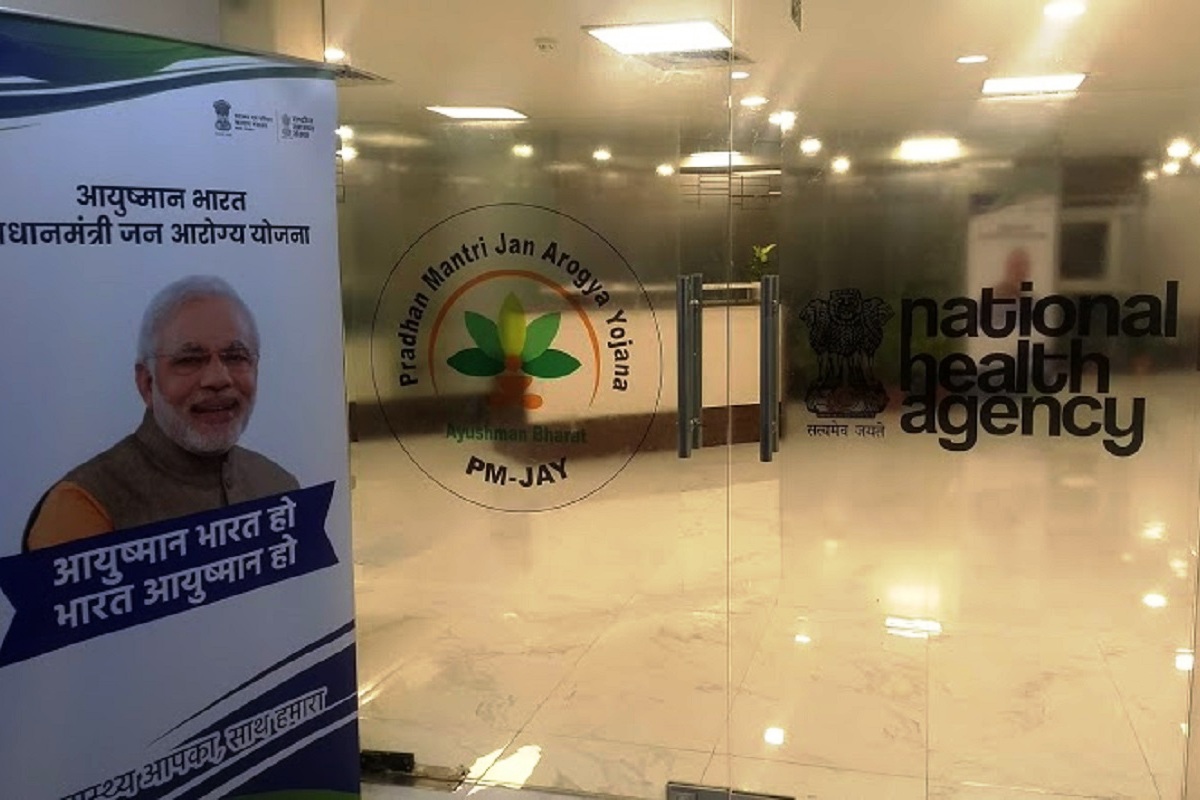The National Health Authority (NHA) is working on a digital integration on the CoWIN application which will allow the vaccine beneficiaries to report Adverse Event Following Immunization (AEFI) directly on the application itself.
So far, only vaccinators have the access to report AEFIs on the CoWIN application, that too if the beneficiary experience it while half an hour of the observation period. The process will now be open to the public which will enable the beneficiaries to skip the painstaking and process of reporting an AEFI which takes days to record.
Advertisement
Dr RS Sharma, CEO, NHA told The Statesman that his team is working on a mechanism that will soon be available to the public.
“So far, general-purpose feedback is done at MyGov portal where beneficiaries provide feedback on their vaccination experience. However, no system of digital reporting of the AEFI was in place. We are trying to take the AEFI reporting on digital media so that it becomes more accessible for the public. A system is under-development which will serve as a feedback mechanism for the beneficiaries and reporting for the AEFI their as well,” he said.
The under-testing extension can be attached to the CoWIN portal in multiple ways. The technical team at the NHA is testing the applicability of each possible mode and while taking its accessibility into the account.
Divulging further on the details, Sharma informed The Statesman that the NHA is examining the feasibility of how to collect the AEFI data. He said that the AEFI integration can feature as a button with a drop-down menu or in a description format.
“We can have multiple ways to report the AEFI. One is that you make a descriptive story of the issues experienced post-vaccination. Another option is that we create a radio button which pops up a drop-down menu where a beneficiary can select the adverse event listed there,” the NHA CEO informed.
“We are working for an option which is more analyzable, inclusive, and does not have a language barrier. It’s a matter of design and we have to create it in an optimal way,” he added.
A similar system exists in the United States called Vaccine Adverse Event Reporting System (VAERS) where the beneficiaries can report AEFI digitally. VAERS is an early warning system to detect possible safety problems in vaccines licensed in the US.
However, the NHA has set no deadline to finish the integration of the digital AEFI reporting system on the CoWIN.
“I can’t give you a deadline for now. It may take several weeks. The extension is under testing mode and soon will reflect on the portal,” Sharma said.
The world’s largest vaccination drive against novel coronavirus disease was launched in India on January 16. However, an essential aspect of the vaccination, to record the AEFI efficiently was not much thought through.
In case of experiencing an AEFI, beneficiaries have to follow a tedious procedure that starts with intimation to the nearest government dispensary to one’s address, the vaccinator, or to the district immunization officer. The complaint then will be carried to the state health department and then will be forwarded to the central team at the union health ministry. Another option is to call directly at 1075 or to the corona helpline which most of the time, remains inaccessible.
Malini Aisola, public health activist and Co-convenor of All India Drug Action Network (AIDAN), said that there is an urgent need to broaden avenues for AEFI reporting.
“The system for AEFI monitoring and reporting is very weak, unresponsive, and restrictive. AEFI is expected to be reported only through the vaccination centers, district immunization officers, or helpline numbers which often do not work. Healthcare institutions treating vaccine recipients for AEFI are not reporting the adverse events because they are not the site of vaccination. There is an urgent need to broaden avenues for vaccine recipients and their representatives to report AEFI,” she said.
Sharma also said that the current system of reporting through 1075 is only serving the purpose of counselling.
“We have a lot of data but not a way to analyze it. The current system of 1075 fulfills only the purpose of counselling. However, the digital integration will help in identifying patterns that may emerge after we assess the feedback received. It will broaden the scope of improvement in the vaccination policy,” he added.
Dr Chandrakant Lahariya, epidemiologist, public policy, and health system expert, said that the digital reporting of AEFI is a welcome step and will strengthen the AEFI reporting system in the long run.
“While serious AEFI still requires investigation by local administration the digital integration will enable reporting of non-serious AEFI. It will also help in the identification of signals and trends that emerge post-vaccination. Since Covid-vaccines are relatively new, the system will also help in post-marketing surveillance of the drugs and ascertaining their safety as well,” he added.











